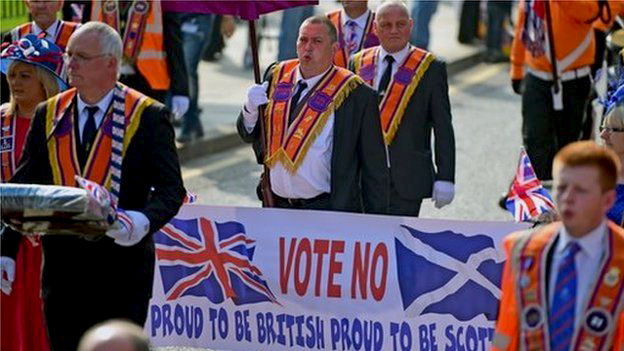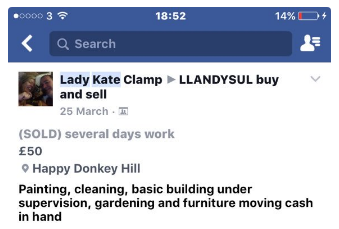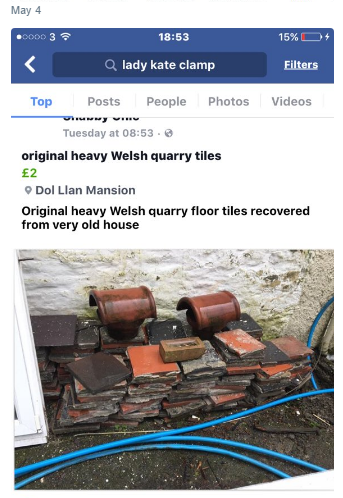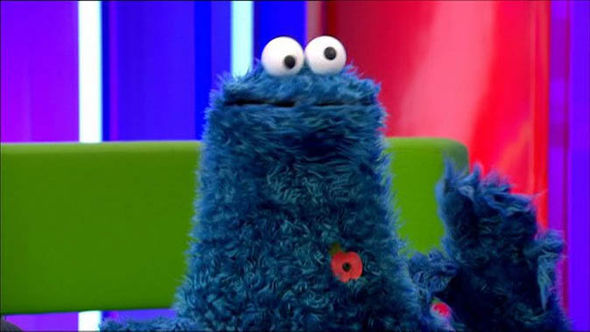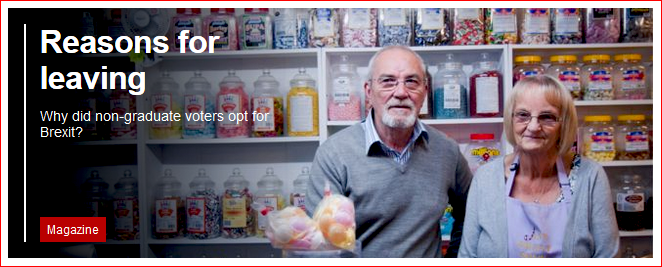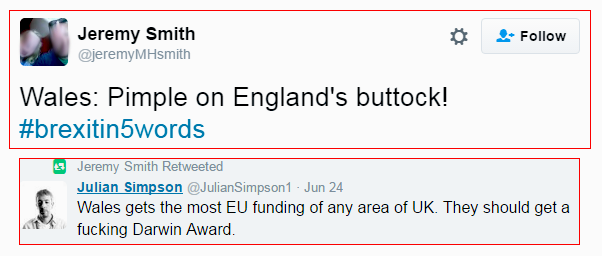Yes, I know, Port Talbot isn’t the only Tata plant affected by the company’s decision to put its UK operation up for sale, but it is the biggest, and serves as useful shorthand.
Rather than giving instant remedies or exposing my ignorance by trying to discuss EU regulations on state aid, or the impact of carbon tax and business rates, let alone the statistics on Chinese steel production and exports, I shall stick to my comfort zone by considering political responses and impacts, winners and losers, and also the possible outcomes.
But first, let me indulge in a little reminiscing.
*
I grew up just around the Bay from Port Talbot steelworks and I can remember the plant in the mid-’60s when it employed 20,000 men and the wages paid earned it the soubriquet ‘Treasure Island’. Much of its steel went on to the tinplate works at Trostre in Llanelli and Velindre on the north side of Swansea (where I worked for a short while). Velindre is long gone, but Trostre has struggled on and is now in the same position as Port Talbot.
And if you’ve driven past and think the smells and the smoke of Port Talbot are bad nowadays, then you should have seen it in the ’60s and ’70s. It wasn’t just that the steelworks produced more smoke and smells back then, there were other plants nearby making their contribution.
Just up the road, on the Swansea side of the steel plant, in Baglan Bay, we had one of the largest petrochemical sites in Europe, employing another 2,500 men. A couple of miles inland there was the Llandarcy oil refinery with the same number of employees. Then there was the Tir John power station taking us up to the eastern outskirts of Swansea, where the East Side made its contribution to the shit and the smell with the never-to-be-forgotten Carbon Black plant.

This spewed out such filth that it resulted in regular protests by local housewives, who couldn’t put washing on the line to dry without it being covered in a dust that also got indoors and clung to everything.
My first-hand experience of Carbon Black came through a summer job I took when at Coleg Harlech. I was employed to sweep the floors inside the plant, where the filth lay inches thick. I was provided with a brush and a rudimentary face mask . . . and that was it. I handed in my brush after a few hours and went to a nearby pub to ease my throat.
The whole area from the east side of Swansea over to Neath and down to Port Talbot was a complex of heavy industry, a nightmare for any proto-Green. And yet, if we add in Swansea docks, the ancillary jobs in transport and other fields, this triangle of smoke and smells provided tens of thousands of well paid jobs for semi-skilled and unskilled men. Most of these jobs have gone, and will never be replaced.
I had many friends and family members working at these various plants, and of course at the steelworks, and not just for the then owner, the Steel Company of Wales. For example, there was a boy I met in Penlan school with whom I became good friends (after the introductory fight); his family had come down from Kilmarnock and his father worked for British Rail in the steelworks’ marshalling yards, said to be the biggest in the world after those at the Chicago stock yards.
Then there was a friend of ours in the post-school era working in the steel works. One night he went over to Port Talbot to hear a promising young singer named Tom Jones. On the way back into Swansea, driving along the Jersey Marine in his Wolseley 1500, he was somehow thrown from his car, which then rolled over onto him. I think Keith was the first close friend I lost.
*
THE POLITICAL DIMENSION
The Conservatives
I suppose the Tories’ attitude was summed up accurately and succinctly by Paul Mason when he wrote, ‘Steel Crisis; they do not give a shit’. There are a number of reasons for this being true beyond the Tories being wedded to a blind and unthinking neoliberalism.
The future the Tories envision for the UK is of smart people doing clever things and making lots of money in clean environments with the economy topped up by sheikhs and oligarchs investing hundreds of billions in property and other deals that can be accomplished with a signature. Fundamentally, it’s a fantasy world in which people make lots of money doing very little, certainly not from producing anything other than hi tech gadgetry or financial packages that no one can understand.
There is no place in this vision for steel works and towns like Port Talbot. Such places are alien to Old Etonian politicians. Not only are they distant in terms of miles, and in considerations of social class, they are also distant in time, because they belong to the past, they have no place the glittering future I bewitched you with in the previous paragraph.

Of course, one of the major problems with this vision is that it’s very London-centric, extending only as far as the Home Counties in which many of the new elite will be living. Because you can bet that Sheikh Mohammed bin Slaveholder al Head-chopper is unlikely to be looking for a £30m mansion in Llanelli or Scunthorpe any time soon. Which explains attempts to placate the increasingly resentful natives north of Watford with ‘beads’ like HS2 and talk of a ‘northern powerhouse’.
On a more pragmatic, electoral level, the Tories have nothing to lose in towns like Port Talbot or any similar community in Wales, Scotland or England. You can’t lose support or seats if you haven’t got any to start with. So the truth is, as Paul Mason says, the Tories don’t give a shit.
Unconvincing expressions of concern will be heard, money will be doled out – there might even be a short-term nationalisation – but this hiccup will not be allowed to interfere with the march towards the post-industrial Bright Tomorrow, in which the sons and daughters of today’s Port Talbot steelworkers will be City traders or internet tycoons . . . or, more likely, working just up the road at the vast Amazon warehouse, on the minimum wage, with one toilet break a week.
Though it will be interesting to see how the local Tories deal with the steel crisis in the Assembly election campaign. Who will they blame?
*
The Labour Party
For Labour the steel crisis is much more complex and worrying. Not least because it was the equally laissez-faire New Labour governments that helped get us into this mess by nodding through British Steel’s merger with Koninklijke Hoogovens of the Netherlands in 1999 to form Corus, and then twiddling their thumbs when Corus was bought by Tata Steel of India in 2007.
The New Model Labour Party of Citizen Corbyn seems rather more concerned than the party led by Blair and Broon, but there’s little they can do out of power. Though in fairness to young Owen ap Dai ap Smith he didn’t wait for the fat lady to sing before putting the boot in, here he is at the start of February accusing Cameron and Osborne of kissing China’s arse!
Another scion of an anti-Welsh Labour family, the Boy Kinnock, actually took himself off to Mumbai, where the Tata board was deliberating. Quite what he hoped to achieve beyond a little self-promotion is a bit of a mystery. But then, showboating was always part of his father’s political repertoire, though I advise the young ‘un to avoid beaches with incoming tides.

Closer to home, our self-styled ‘Welsh Government’ can only be compared to rabbits caught in the headlights. There are a number of reasons for this. One, they have no experience of business, let alone business on this scale. Two, they simply aren’t aren’t up to the challenge intellectually. Three – and for this they are probably thankful – they don’t have the power to do anything.
That said, this announcement comes at a good time in the electoral cycle for ‘Welsh’ Labour, with Assembly elections just over a month away they can blame the ‘heartless’ Tories for everything and hope that voters don’t remember their party’s role in this tragedy.
And as usual there will be a cynical appeal to the ignorance and confusion of many Welsh voters as Labour – despite being impotent in Cardiff and in opposition in London – urges people to vote for Carwyn and the gang so that Labour can ‘save Port Talbot’.
*
Plaid Cymru
The steel crisis should be Plaid Cymru’s Christmas, Easter and St David’s Day all rolled into one. It gives them the chance to attack both major parties, English rule, and foreign ownership of Welsh assets. Thus far, I can only assume that Plaid is waiting its chance, holding its cards close to its chest . . . or maybe it doesn’t realise it has these cards.
I would suggest that rather than asking for anything absurd or impossible – such as demanding that the ‘Welsh’ Government nationalises the steel industry – Plaid Cymru should gather the evidence on the merger and the take-over that Labour allowed to go through when in power, and the Tories’ opposition to the EU raising tariffs on Chinese steel, the refusal by both parties to reduce energy costs for plants like Port Talbot, and compare those betrayals of the Welsh people with what Plaid Cymru would do if it was in power down Cardiff docks.
And stressing a betrayal of the Welsh people should be Plaid Cymru’s approach, rather than going all socialist and linking arms with Labour and the trade unions. Because unless Plaid Cymru’s voice is distinctive, and distinctively Welsh, then there’s really no point to Plaid Cymru, in this debate, or any other situation.
*
Liberal Democrats
I know I’m normally harsh on the Lib Dems, but over the years it’s been difficult not to be harsh, and at times almost impossible to take them seriously. And then, in my more mellow moments (not always induced by alcohol!) I think, ‘Weeel, maybe they’re not too bad’. ‘What brings this on?’ you ask.
To start with, there’s Kirsty Williams, the LD leader in Wales. Things have been tough in recent years for her party but she’s stuck with it and deserves a break. She’s a gutsy woman who I’m warming to.
Another LD AM who’s impressed me is William Powell. For one thing, he turns up at Cilmeri in December, where we rarely see Plaid politicians and never Labour or Conservative. (Nor UKIP, come to that!) And then there was the petition I submitted to the Assembly asking that it do something to stop chief executives taking over councils.

It was clear that Powell recognised the importance of this issue but the two committee members who ‘discussed’ my petition, Labour’s Joyce Watson and Plaid’s Elin Jones, couldn’t dump it quickly enough. Powell might get my second vote on May 5th.
But I digress.
On the specific issue of the sale of Tata’s UK operations, the Lib Dems – in the shy, retiring form of Peter Black – have called for the Notional Assembly to be recalled. Which might sound like a good idea until we remember that the Assembly is impotent, and what calls itself the ‘Welsh Government’ is nothing but a collection of buffoons. A recall would be nothing more than a pointless gesture and a platform for narcissistic buggers like Black.
In many ways the Lib Dems’ position should not be a lot different to that of Plaid Cymru – ‘A pox on both your houses!’ So I would suggest that Kirsty leads her troops forward with all guns blazing . . . hoping few will remember that her party kept the Tories in power between 2010 and 2015, during which period the problems that have brought us to this crisis were allowed to build and build.
*
The Wales Branch of the Green Party of Englandandwales
They won’t like me for saying this, but I know that the Greenies were secretly jumping for joy when they heard that all those smelly, polluting steel plants are to close. But of course they can’t admit that.
What they can do, apparently, is write stupid letters to the press, such as the one below that appeared in Friday’s Wasting Mule. The writer seems to believe that the Port Talbot steel works can be powered by wind turbines, solar panels and fairy dust.
Then again, it could have been a piss-take, for Friday was April 1st.
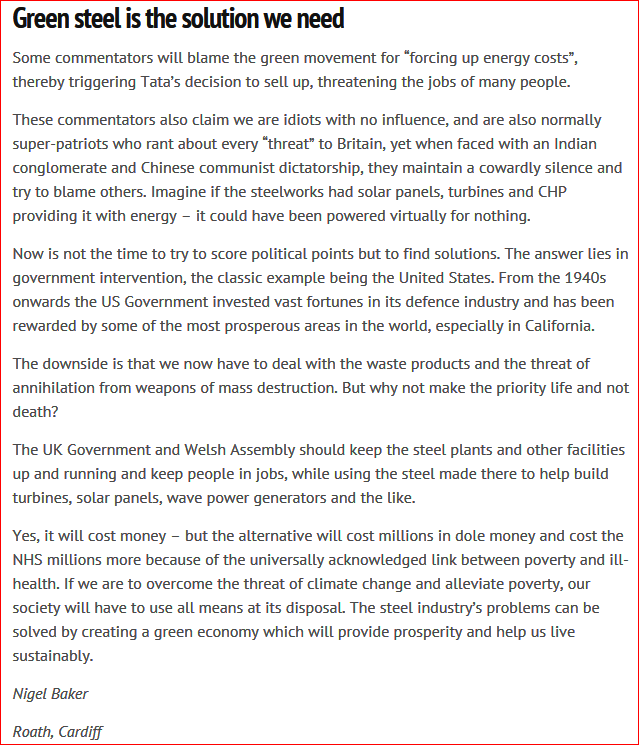
I issue these rebukes with a heavy heart, fearing that I might lose some of the many friends I’ve made in the Green Party over recent years. Oh yes.
*
UKIP
If any political party is crass and insensitive enough to make cheap political capital out of tens of thousands of people losing their jobs, then of course that party is UKIP.
Not only does the steel crisis give M. Farage et Co the chance to go nuclear on ‘Europe’, it also provides the opportunity to put the boot into Conservatives and Labour, with the cherry on top being the chance to have a go at the Chinese, the Indians, and just about anybody else they can think of.
UKIP will I’m sure argue that this steel crisis thingy would never have happened if everything was still managed by those splendid chaps down the clubhouse. Better decisions are made after six or seven drinks and a few cigars – everyone knows that! Don’t laugh, a lot of people will believe them.
A few months ago UKIP was predicted to win anything up to nine seats in May’s Assembly elections then, more recently, I’ve seen polls suggesting that support is slipping. The steel crisis could put them back to where they were earlier in the year, and the Tory-supporting media transferring the blame onto the EU might even take the UKIP vote in Wales to new heights.
However you cut it, UKIP is the party with most chance of gaining in May’s elections from the steel crisis.
*
SNP
Yes, I know what you’re thinking, but bear with me.
There were a couple of steel plants in Scotland, admittedly much smaller than Port Talbot, that were saved from closure in the past few weeks thanks to decisive action by the Scottish National Party government. Here’s a report from the Guardian.
But this action didn’t please everybody. Here’s a more recent report from the Labour-supporting Daily Record (the Scottish version of the Daily Mirror) telling us that the Labour-controlled Community union is ‘questioning’ the deal.
To explain . . . there are elections in Scotland on May 5th also, and the SNP is almost guaranteed to win by a landslide. So one interpretation of this bizarre intervention by Community is that embittered Labour supporters are prepared to sabotage the Scottish steel deal for short-term political advantage.
Surely Labour wouldn’t do that?
Oh, yes, and remember, the Boy Kinnock was chaperoned on his trip to India by representatives of the same trade union. Whose interests were they looking out for – the steelworkers or the Labour Party?
*
EU Referendum
Speaking of the EU reminds us that on June 23rd we have the referendum on whether to stay in or to leave. The fate of the steel industry is bound to influence the way many people vote, especially in Wales. And seeing as Wales gives us the paradox of many Labour voters reading English Tory newspapers then prolonging the crisis can only help the Brexit cause.
Thinking more obliquely, this realisation that the steel crisis could decide a currently too-close-to-call referendum might prompt the EU into action; and if Cameron is serious about staying in the EU, then he might have to discreetly explain to his Chinese chums that – until the referendum is won – he might need to sound a little ‘hostile’, even agreeing to raise tariffs on Chinese steel imports.
When you consider all the possible ramifications you realise that, serious as the crisis in the steel industry is for those directly – or even indirectly – involved, the closure of Port Talbot and the other plants could have long-term and far-reaching implications that overshadow the loss of jobs.
In many ways Prime Minister Cameron is the one to watch, because with the EU referendum complicating things, him not wanting to be seen as a callous toff, yet having to protect the interests of his mates in the City by not offending the Chinese, the next few weeks could be interesting for those who like to watch nifty footwork.
As the Chinese themselves are reported to say, ‘May you live in interesting times’. (Though some say it’s delivered as a curse, not a blessing.)


















